Category: 1.1 Research (General)
-
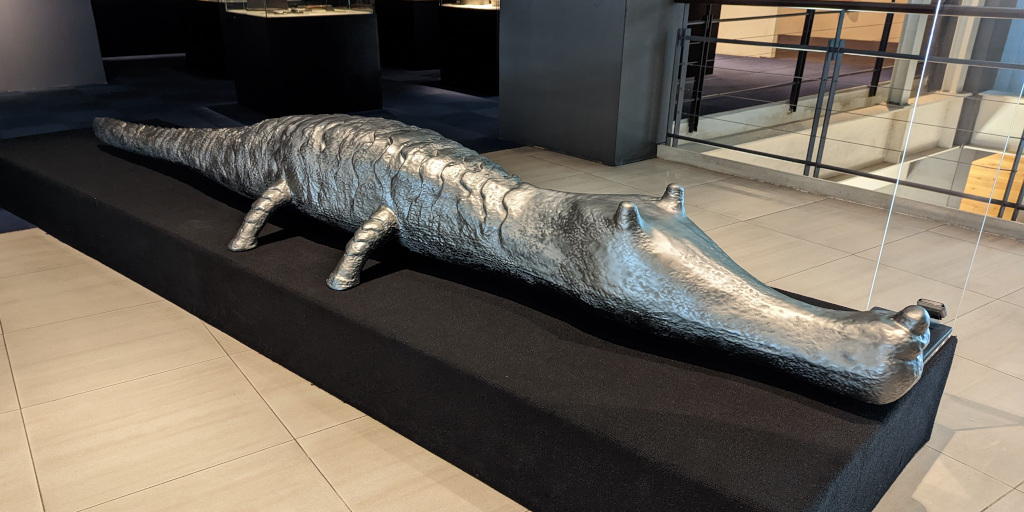
Unethical research, beneficence, and smart experimentation
An unnamed research group at University of Zurich is in the news for unethical research: According to this article by Science and the corresponding Reddit report, a research group experimented with the use of LLMs posing as humans on a subreddit (forum). The research question was to see if and how LLMs were more successful…
-

Only 15% plagiarism! How is this not funny (academic humor)
Just keep that plagiarism to a reasonable level. (OK, I may not be fair, and it may be an English language issue as reuse of materials is generally possible across multiple publications. Still…)
-
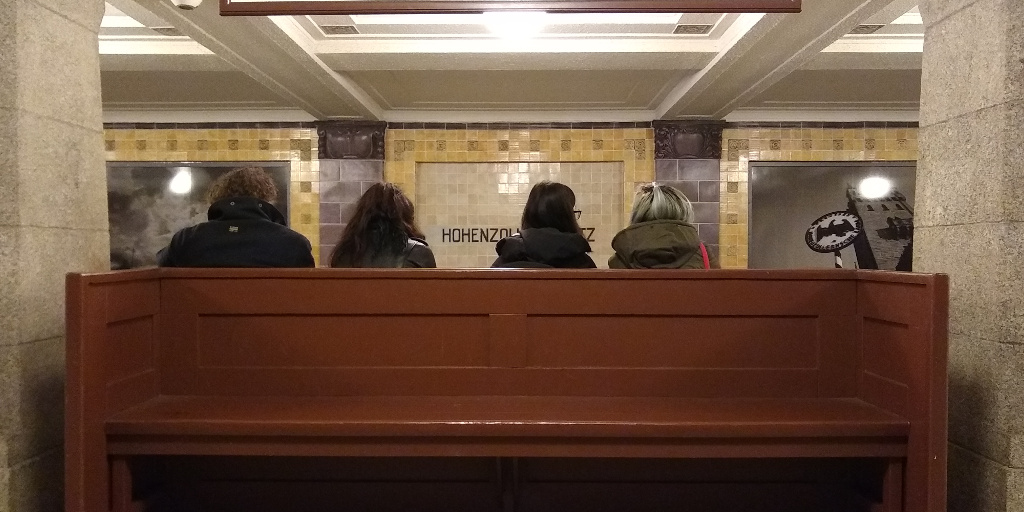
GenAI in urgent need of a DEI initiative
Apparently, we are all Linus Torvalds. Or more precisely, if your public profile is associated with open source, ChatGPT might think you should look like them. The following four prompts were entered in sequence (but output was cut short). I only prompted 2-4 after I thought this person from the first output looks vaguely familiar…
-
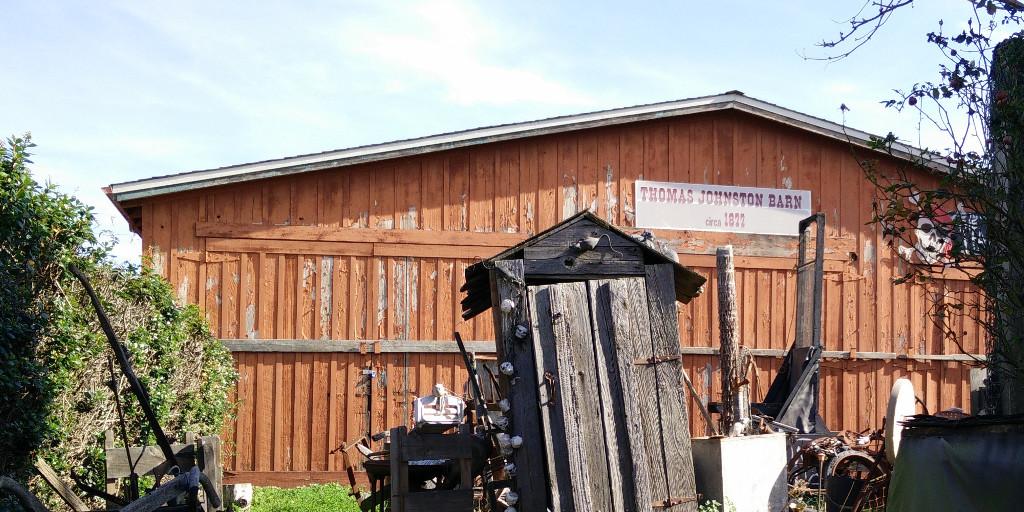
Charging money for an ethics review?
Together with a psychologist, I’m currently performing a comparatively simple interview study about the effectiveness of a software engineering method. Proper procedure is paramount in psychology, so we submitted an ethics review request to my employer’s institutional (ethics) review board. I didn’t think we’d need the ethics approval, and lo and behold the ethics board…
-
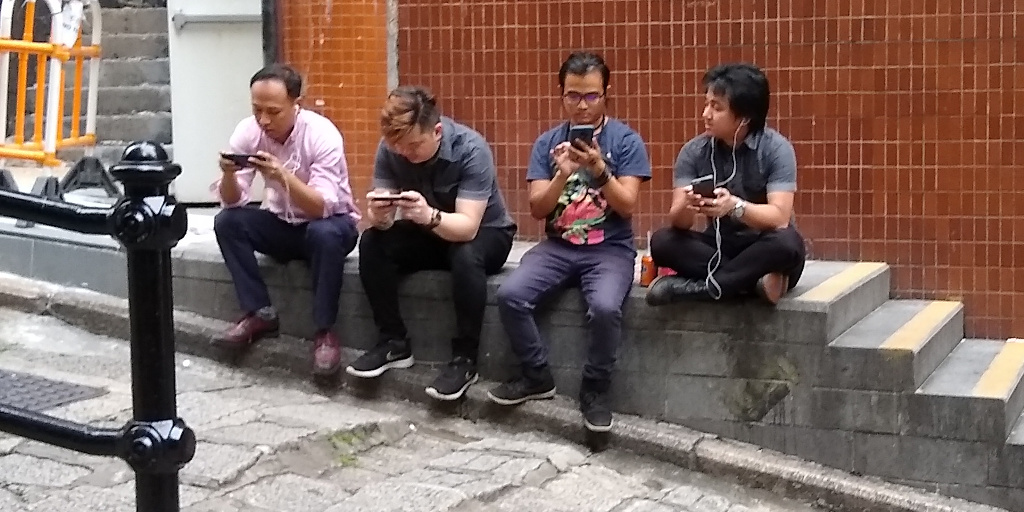
Some associated editors should grow a spine
There, it happened again. An associate editor of a prestigious software engineering journal rejected our paper, because they wouldn’t overrule a single bogus review. In the current case, all reviewers were on plain accept, with one holdout, reviewer 2, who recommended a plain reject. (The paper was the first revised version of the original submission.)…
-
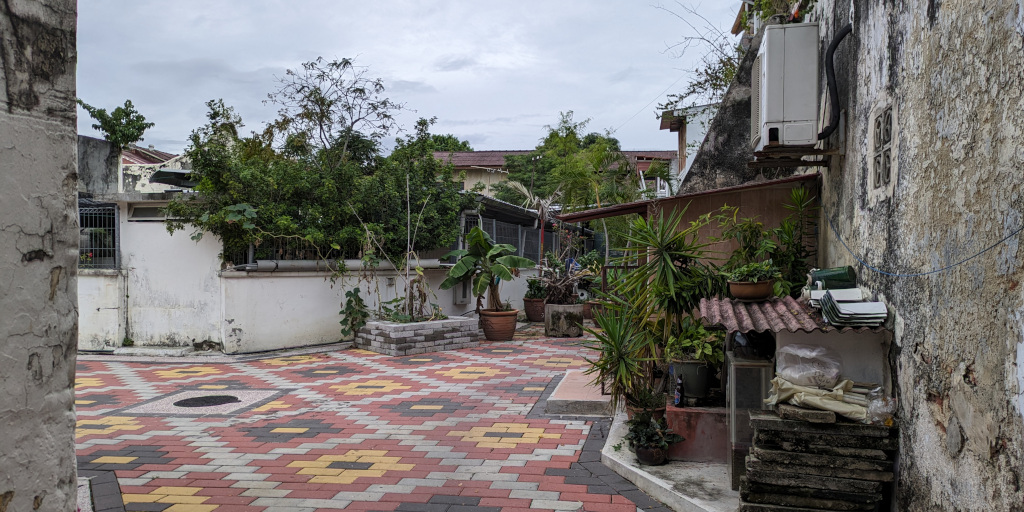
Editorial quality at Elsevier
If you ever wondered about editorial quality at Elsevier, look no further. Original here and in case it gets fixed, on the Web Archive here, and finally the PDF.



